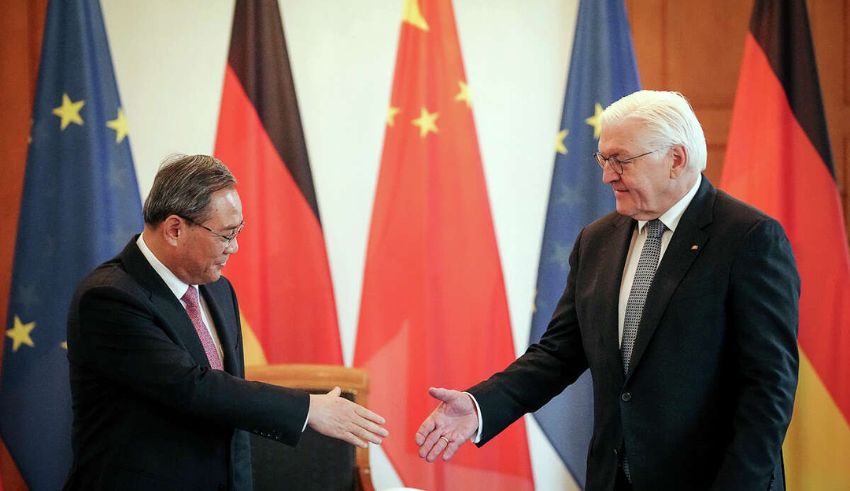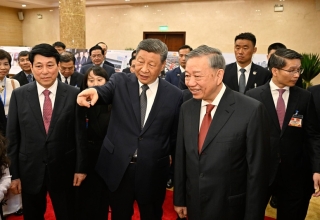
The next Germany-China meetings are expected to cover major global concerns, with a focus on the current war in Ukraine and the vital need for climate change action. This article examines the relevance of these debates, looking at the possible results and ramifications for bilateral ties, international collaboration, and the search for a sustainable future.
The Germany-China meetings are anticipated to offer a forum for debating Ukraine’s increasing situation. As a significant participant in European diplomacy, Germany aspires to engage China in constructive engagement in order to achieve a peaceful settlement. Germany hopes to gain China’s help in de-escalating tensions and pursuing a diplomatic solution to the problem by emphasizing the significance of territorial integrity and international rules.
Climate change is another critical subject on the agenda, showing the worldwide need to address environmental damage. Germany and China acknowledge the need of working together to make substantial progress on this front. The discussions will look at potential areas of collaboration, such as technology transfer, renewable energy projects, and combined efforts to decrease greenhouse gas emissions. Germany and China, as the world’s major carbon dioxide emitters, share the burden of leading the transition to a more sustainable and low-carbon future.
The final outcome of the German-Chinese negotiations will have far-reaching consequences for their bilateral ties. Both nations recognize the need of continuing a productive discussion and finding common ground on critical global challenges. Germany and China have a chance to enhance their relations, establish confidence, and encourage collaboration in areas of common interest by discussing delicate matters such as the Ukraine crisis and climate change. These discussions offer a forum for constructive dialogue and may help the two countries achieve a more balanced and stable relationship.
Keep Reading
The negotiations between Germany and China serve as a reminder of the need for international collaboration and diplomacy in solving difficult global concerns. No one nation can address these concerns in isolation in today’s linked globe. Germany and China show their commitment to multilateralism and the pursuit of common objectives by participating in conversation and finding common solutions. These discussions also underscore the importance of diplomatic channels in resolving problems and moving global sustainability initiatives forward.
The discussions on the Ukraine crisis inside the Germany-China negotiations provide a chance to promote regional peace and stability. Germany’s engagement with China strives to promote a peaceful conclusion that respects Ukraine’s sovereignty and territorial integrity. The discussions may serve as a forum for both nations to show their commitment to international law, conflict resolution, and non-aggression principles.
The emphasis on climate change at the Germany-China discussions emphasizes the critical need of solving this global problem. Both nations have the ability to contribute significantly to climate action. Germany and China can expedite the transition to a low-carbon future by working on technology transfer, renewable energy investments, and emissions reduction policies. This kind of collaboration also sends a clear message to the world community about the need for collective action in minimizing the effects of climate change.



























